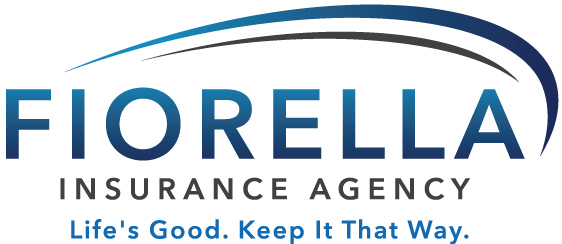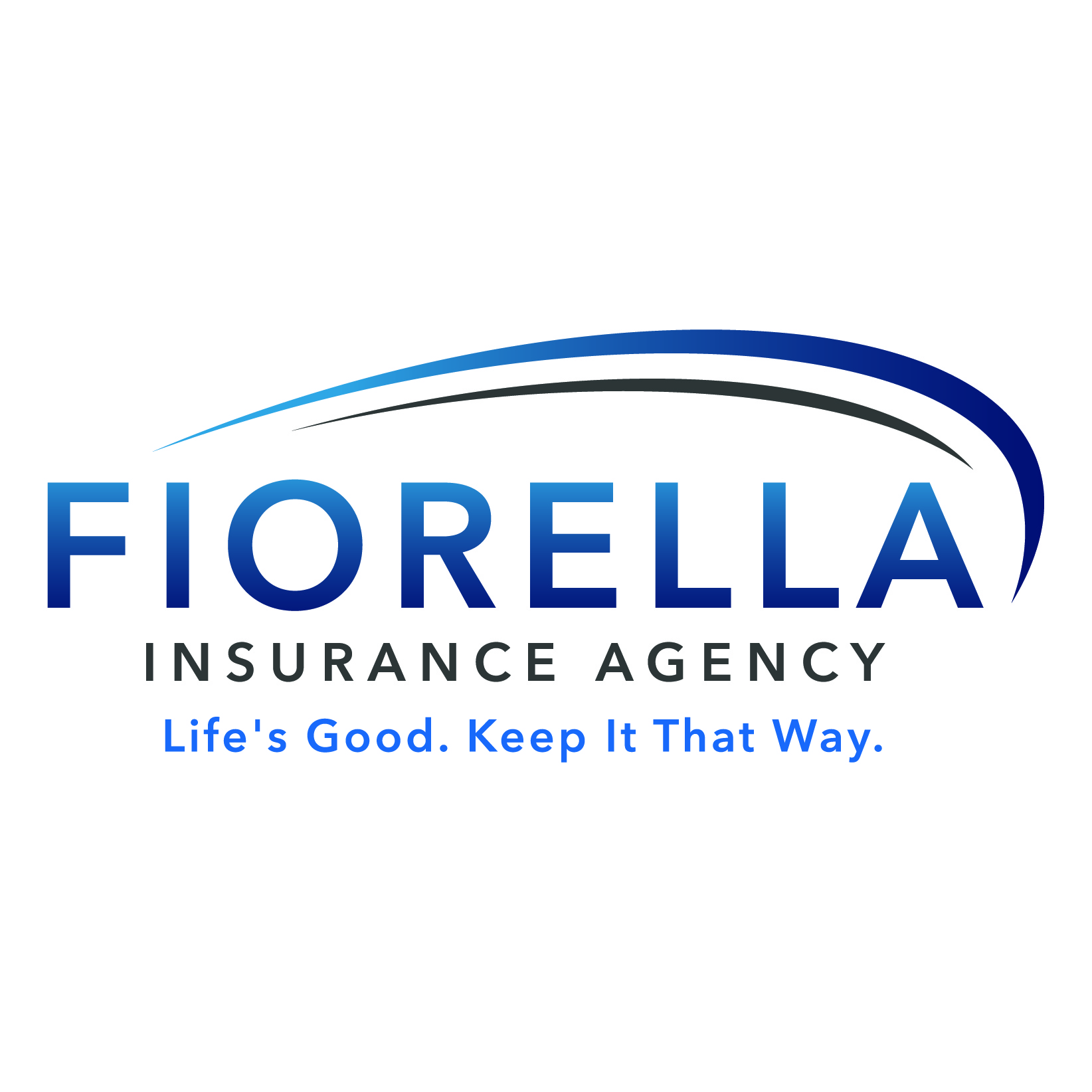Health care is a very essential aspect of your well-being. Do you understand the value of having health insurance? Health care costs can be expensive. So, it’s essential to ensure that your family and yourself have medical coverage in case of any unexpected medical bills or treatments. Do you know about health insurance? But what about Obamacare Insurance? To help you decide if Obamacare Insurance is right for you and how to apply, this blog post will provide an overview of health insurance and related information.
In this blog post, we’ll explore all these questions so that by the end, you will have a better understanding of health insurance and Obamacare Insurance. Let’s get started.
Table of Contents
Understanding Health Insurance
Health insurance is a type of coverage that helps pay for medical expenses. It can cover many healthcare costs such as assistance for doctor visits, hospitalizations, medications, and other medical services. Health insurance plans are typically offered through employer-sponsored insurance or government programs like Medicare and Medicaid.
What is Health Insurance? Health insurance is an agreement between an individual or group and an insurer to provide coverage for medical expenses in exchange for premiums paid by the insured.
The policyholder pays a fee on a periodic basis to their health insurer in order to obtain coverage for certain medical treatments, including physician visits, ER trips, medications, laboratory tests, and operations. In certain circumstances, insurers may offer preventive care without extra charge to the insured individual or group, including annual examinations and immunizations.
With a keen eye for detail, it’s essential to thoroughly review any health care short-term policy before signing on the dotted line. These policies are intended to fill in gaps between jobs or when you’re ineligible for another plan, but they often lack the comprehensive coverage of longer-term plans. Consider your needs carefully and weigh up whether these temporary protection policies provide enough bang for your buck.
Having access to quality health care should something happen can help protect both your physical and financial well-being from unexpected costs associated with illness or injury that could otherwise put you into debt if left uncovered by insurance.
Additionally, many providers offer discounts on health coverage when using certain insurers, making them even more affordable than paying out-of-pocket would be without having a plan in place first. Additionally, most states require individuals who drive cars to carry minimum levels of auto liability protection; this applies equally well when it comes to choosing what kind of healthcare plan best fits your lifestyle too.
To make an educated decision when choosing the right health insurance plan, it is important to have a fundamental knowledge of its components. Moving forward, let’s explore the application process for health insurance coverage.
Applying for Health Insurance
Applying for health insurance can be a complicated process, but it doesn’t have to be. To qualify for coverage, you must meet certain eligibility requirements. To be eligible for subsidies or other assistance programs, you must consider your income and family size. Figuring out the application process and what fees come with different policies is essential for picking a suitable plan for you and your family.
To qualify for Obamacare Insurance, individuals must be U.S citizens or legal residents with an income below 400% of the FPL, not already on Medicaid/Medicare, and living in their state for at least 6 months annually. Furthermore, those who are self-employed may also be eligible if they fulfill these requirements along with additional conditions related to business size and ownership structure.

-
Save
Understanding Obamacare Insurance
The ACA, otherwise known as Obamacare Insurance or the Affordable Care Act, is a federal health insurance program designed to help people get access to affordable coverage. The ACA furnishes fiscal assistance for those eligible and proposes policies that comprise indispensable advantages, such as medical consultations, hospitalizations, preventive care treatments, pharmaceuticals, mental health services, and more.Overview of Obamacare Insurance
Obamacare Insurance is designed to provide comprehensive coverage at an affordable price. It allows people to purchase private health insurance through state or federally-run marketplaces. These plans offer different levels of coverage depending on individual needs and budget constraints. Individuals can select from four tiers of plans ranging from bronze, offering the lowest monthly premiums but with higher out-of-pocket costs for medical care; to platinum, providing greater protection against high bills due to their lower co-pays and deductibles. Platinum plans, pricier than the others, give more security from large medical bills through lower deductibles and co-pays. To be eligible for Obamacare Insurance, you must tick all the boxes: being a U.S citizen or legal resident; not having access to other forms of employer-sponsored insurance or public insurance; meeting income requirements; living in the service area where the plan is offered; enrolling during open enrollment periods (or qualifying for special enrollment); paying any applicable premiums or cost-sharing amounts associated with your selection of policy; furnishing proof of identity/residency/citizenship if requested by your insurer and adhering to all additional terms specified in your policy documents prior to availing benefits from your provider(s). Understanding Obamacare Insurance can be a complex and daunting process, but with the right resources, it is possible to obtain coverage that meets your needs. Resources for Obtaining Obamacare Insurance provide individuals with options to explore when considering their health insurance plan.Resources for Obtaining Obamacare Insurance
Government Resources for Obtaining Obamacare Insurance
The federal government offers several resources to help individuals and families obtain health insurance through the Affordable Care Act (ACA), also known as Obamacare with the aim to expand access to public insurance programs and improve the healthcare system. Additionally, each state has its own health insurance exchange where shoppers can explore plans and receive aid with enrollment.Private Organizations Offering Assistance with Obtaining Obamacare Insurance
To ultimately improve the health care system, various non-profit organizations are available to provide advice and assistance on ACA options, such as through phone or in-person counseling services during open enrollment periods. These organizations may offer counseling services over the phone or in person; some may even have staff available to answer questions about specific plan details and eligibility requirements during open enrollment periods.Online Tools and Resources for Obtaining Obamacare Insurance
For those wishing to explore health insurance options under the ACA, there are a variety of online resources available that can provide assistance in comparing plans, estimating monthly premiums, and determining eligibility for subsidies. These sites provide resources to aid in selecting plans that best fit one’s needs, such as comparing options based on expenses, deductibles, and co-payments; calculators to gauge premiums after considering potential subsidies based on income level and family size.FAQs in Relation to Health Insurance?
What is the importance of having health insurance?
Having health insurance is essential for everyone, regardless of age or income level. It helps protect individuals and families from financial hardship due to medical expenses that may arise unexpectedly. Having health insurance can grant access to preventive services, which may help people sustain their well-being and potentially evade expensive treatments in the future. Having health insurance provides assurance that, should an unforeseen illness or injury occur, the associated expenses will be taken care of. Overall, it makes the healthcare system accessible to all, children and uninsured adults alike.What are the 3 major sources of health insurance?
The three major sources of health insurance are employer-sponsored insurance, government programs, and private health insurers. Private health insurance is an alternative to public health insurance which are typically employer-sponsored plans that provide coverage through an employer or union group plan. Government programs such as Medicare and Medicaid offer coverage to those who qualify based on income level or disability status. Private health insurers offer individual plans which can be acquired either from the insurer itself or through a middleman. Each source has its own criteria for determining eligibility, cost structure, and other financial obligations associated with obtaining healthcare services.What are the top 5 reasons that people get health insurance?
1. Safeguard from Financial Distress
Health insurance can provide a safeguard from financial distress in the case of medical issues or illnesses, by covering the cost of necessary treatments and medications, helping to lessen any out-of-pocket expenses.2. To access quality healthcare services
With health insurance, individuals can choose providers that offer higher quality care at more affordable prices than what is available without coverage.3. To avoid high deductibles and copayments
Most health plans come with lower upfront costs than paying full price for each doctor’s visit or prescription drug purchase.4. To get preventive care
Many health plans provide free preventative screenings such as mammograms and colonoscopies to help detect potential illnesses before they become serious problems requiring costly treatment later on down the line.5. Peace of mind knowing one is covered in case something unexpected happens
Having an adequate amount of health insurance gives people peace of mind knowing they will be taken care of should anything happen to them medically speaking while still having enough money left over to live their life comfortably afterward.
Conclusion
It is important to understand health insurance and the options available, such as Obamacare Insurance. Taking the effort to research and analyze your choices can assist you in making an educated decision that suits your requirements. There are many resources available online or through a local agent that can help guide you in obtaining health insurance coverage. Still unsure about how to get health insurance? With all of these factors taken into consideration, it is easier than ever before for individuals and families to find quality health insurance coverage at an affordable rate.1. Safeguard from Financial Distress
Health insurance can provide a safeguard from financial distress in the case of medical issues or illnesses, by covering the cost of necessary treatments and medications, helping to lessen any out-of-pocket expenses.2. To access quality healthcare services
With health insurance, individuals can choose providers that offer higher quality care at more affordable prices than what is available without coverage.3. To avoid high deductibles and copayments
Most health plans come with lower upfront costs than paying full price for each doctor’s visit or prescription drug purchase.4. To get preventive care
Many health plans provide free preventative screenings such as mammograms and colonoscopies to help detect potential illnesses before they become serious problems requiring costly treatment later on down the line.5. Peace of mind knowing one is covered in case something unexpected happens
Having an adequate amount of health insurance gives people peace of mind knowing they will be taken care of should anything happen to them medically speaking while still having enough money left over to live their life comfortably afterward.



